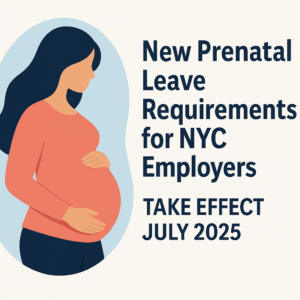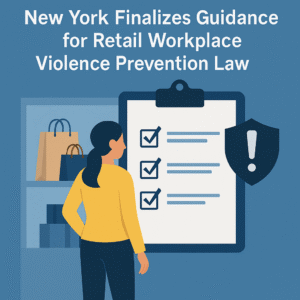
April 29, 2025
From Skechers to the Courtroom: What MGM’s ADA Misstep Teaches Employers About Accommodations
4/29/25
A recent federal court decision illustrates how a breakdown in the interactive accommodation process can lead to serious liability—even over something as seemingly minor as footwear.
Rebecca Lopez-Duprey, a cocktail server at MGM National Harbor, suffered from medical conditions that made wearing heels painful. After submitting medical documentation, she was granted an ADA accommodation to wear supportive Skechers-style shoes for over two years. Then came a dress code policy change in 2021 that excluded Skechers—even for those with accommodations.
Lopez-Duprey was disciplined multiple times for wearing her medically necessary shoes. Her doctor submitted another note affirming her need for them, but MGM terminated her shortly thereafter. She sued under the ADA, alleging failure to accommodate. The court refused to dismiss the case, finding genuine issues of fact regarding whether MGM lawfully modified the accommodation, and whether Lopez-Duprey had followed proper procedures in response.
Employment Law Takeaways
This case offers a critical reminder: ADA accommodations are not static. When policies change, employers must re-engage in the interactive process—documenting updates, communicating clearly, and reassessing accommodations in good faith.
Failing to revisit accommodations, especially after policy shifts, may expose employers to costly litigation. The law doesn’t expect perfection—but it does require ongoing, reasonable efforts to support disabled workers.
For guidance on ADA accommodations, policy updates, or workplace compliance, contact Sheryl Galler at sgaller@booklawllp.com or Chaim Book at cbook@booklawllp.com.






